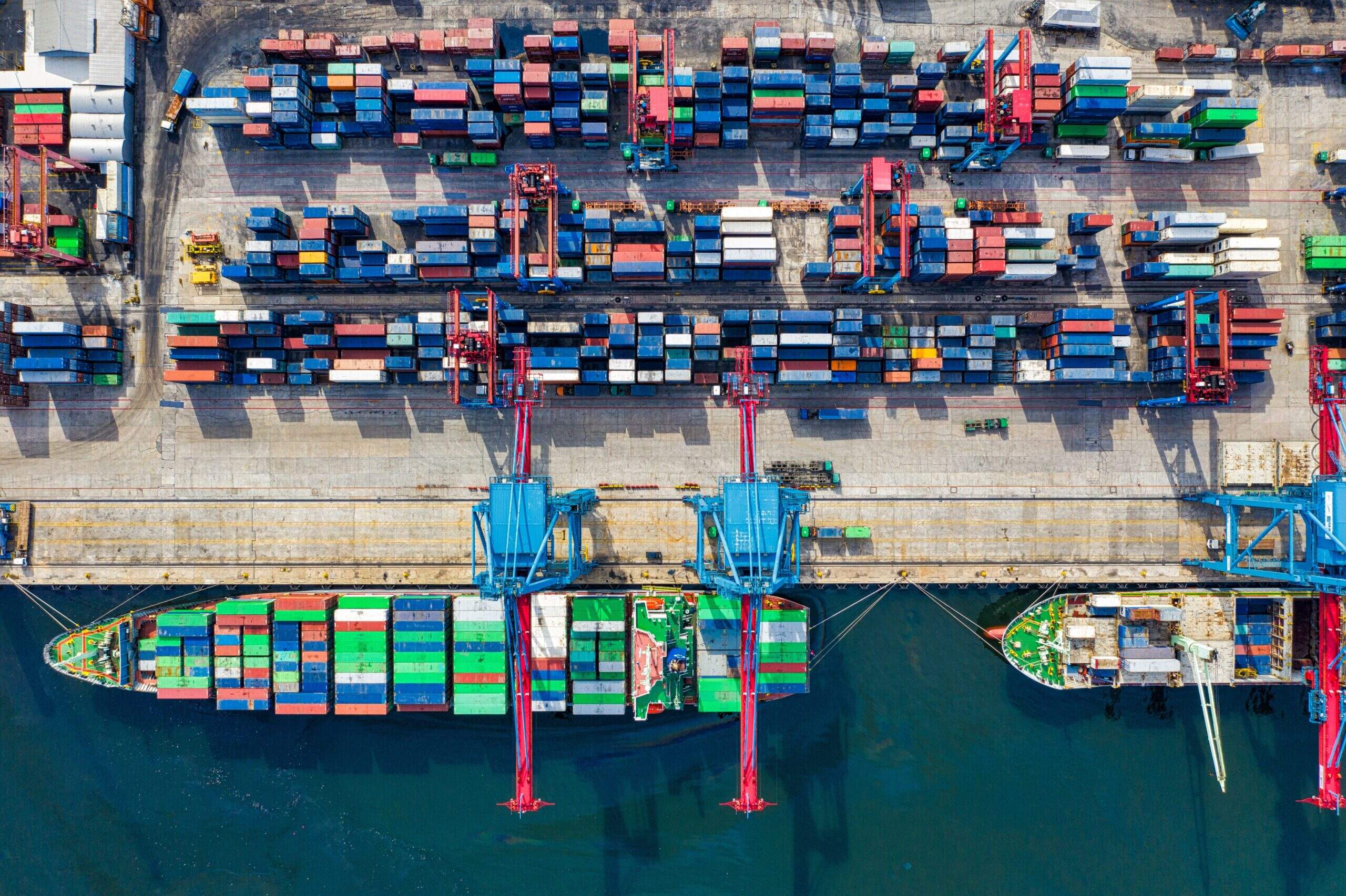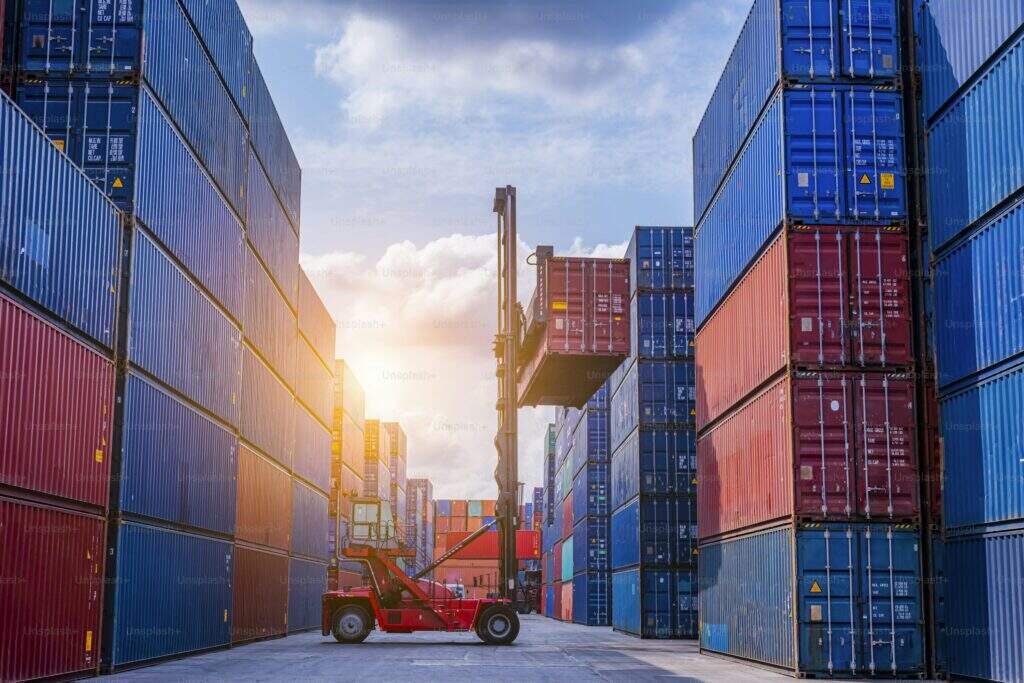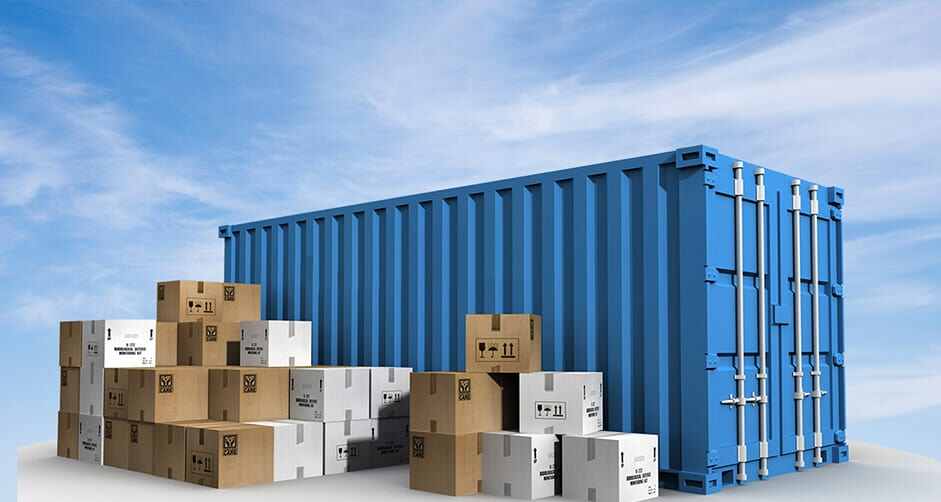import and export tariffs
Import and export tariffs are crucial financial instruments that governments use to regulate international trade and protect domestic industries. These duties serve as taxes imposed on goods when they cross national borders, functioning as both revenue generators for governments and economic policy tools. Modern tariff systems employ sophisticated digital platforms for calculation, collection, and enforcement, integrating with customs management systems and international trade databases. The technology behind these systems enables real-time tracking of goods, automated duty calculations based on comprehensive classification systems, and seamless integration with global trade networks. Tariffs can be applied as specific rates (fixed amount per unit), ad valorem rates (percentage of value), or compound rates (combination of both). These systems are designed to handle complex international trade agreements, preferential trade arrangements, and varying duty rates based on country of origin. The implementation involves advanced risk assessment algorithms, automated verification processes, and digital documentation systems that facilitate faster customs clearance while maintaining regulatory compliance. For businesses engaged in international trade, understanding and navigating these tariff systems is essential for cost management, regulatory compliance, and strategic planning.


